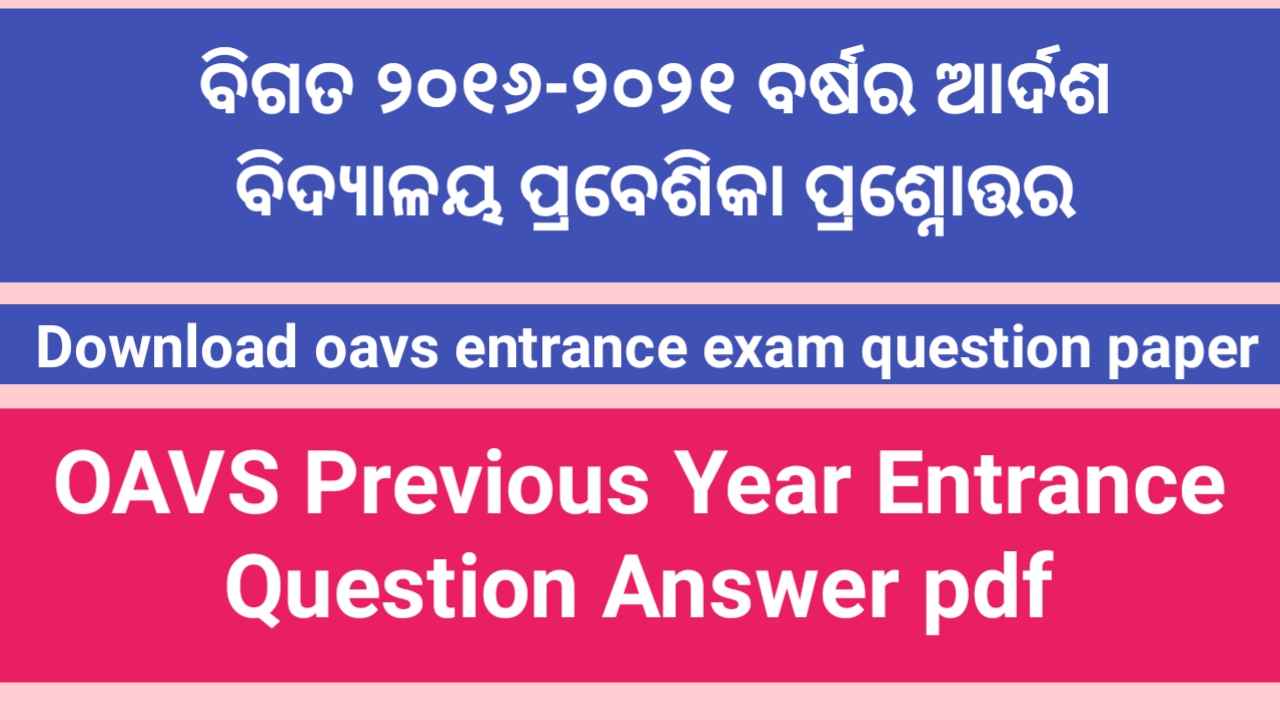What is social media and how is it relate to online education ?
What is social media and how is it relate to online education ?
Social media refers to online platforms and websites that allow users to create and share content, or participate in social networking. Some examples of social media platforms include Facebook, Twitter, Instagram, LinkedIn, TikTok, and Reddit. These platforms generally allow users to create profiles, connect with friends and other users, and share a variety of content such as text, photos, videos, and links. Social media can be used for a wide range of purposes, including staying in touch with friends and family, networking with professionals, promoting a business or product, and following news and current events.
How social media relate to online education
Social media can be a helpful tool for online education in several ways:1. Communication and collaboration: Many educational institutions and educators use social media platforms such as Facebook, Twitter, and Instagram to communicate with students and facilitate online discussions. Social media can also be a useful way for students to connect with each other and form study groups, even if they are physically distant.
2. Sharing resources and information: Educators and institutions can use social media to share educational resources and information with students, such as articles, videos, and podcasts. Students can also use social media to access educational content and resources created by others.
3. Promoting online courses and programs: Social media can be a useful tool for promoting online courses and programs to a large and potentially targeted audience. Institutions and educators can use social media to reach potential students and share information about their offerings.
4. Networking: Social media can be a helpful platform for students to connect with other professionals and build connections in their field or industry.
However, it is important to be mindful of the potential distractions and negative impacts that social media can have on learning and focus. It is a good idea for students to set boundaries around their use of social media and to use it responsibly when participating in online education.
How Social Media Helps People ?
Social media can be a helpful tool for staying connected with friends and family, especially for people who are unable to see each other in person due to distance or other circumstances. It can also be a useful platform for networking with professionals in your field, and for finding and sharing information and resources related to your interests and hobbies. In addition, social media can be a useful tool for promoting a business or product, as it allows you to reach a large and potentially targeted audience.Social media can also be a source of support and community for people who may feel isolated or disconnected in their offline lives. Many people find it helpful to connect with others who are going through similar experiences or who share similar interests and values.
On the other hand, it is important to use social media responsibly and to be mindful of the potential negative impacts it can have on mental health and wellbeing. It is a good idea to set boundaries around your use of social media and to take breaks from it if needed.
Is Social Media Helps Earn Online Money ?
Yes, it is possible to earn money through social media. There are several ways that individuals and businesses can use social media to generate income:1. Advertising: Many businesses use social media to advertise their products or services, and some individuals and influencers also use social media to promote brands and earn a commission on sales.
2. Sponsored content: Some social media users, especially those with a large and engaged following, may be paid to create sponsored content for brands. This could include creating a sponsored post, or hosting a sponsored live stream or event.
3. Selling products or services: Social media can be a useful platform for selling products or services directly to customers. For example, an artist might use Instagram to sell their artwork, or a coach might use LinkedIn to offer consulting services.
4. Affiliate marketing: Some social media users may earn money by promoting products or services from other companies and earning a commission on sales.
It is important to note that earning money through social media can be challenging and requires a lot of hard work and dedication. It is also important to follow the terms of service and any relevant laws and regulations when using social media for financial gain.
Is Social Media Helps Online Education ?
Yes, social media can be a helpful tool for online education. Many educational institutions and educators use social media platforms such as Facebook, Twitter, and Instagram to communicate with students, share resources and information, and facilitate online discussions.
In addition, social media can be a useful platform for students to connect with each other and form study groups, even if they are physically distant. It can also be a way for students to access educational content and resources, such as videos, articles, and podcasts.However, it is important to be mindful of the potential distractions and negative impacts that social media can have on learning and focus. It is a good idea for students to set boundaries around their use of social media and to use it responsibly when participating in online education.
Benefits Of Social Media
There are several potential benefits or merits of social media:
1. Connecting with others: Social media allows people to stay in touch with friends, family, and other connections, even when they are physically distant. It can be a helpful tool for maintaining relationships and building a sense of community.
2. Sharing information and resources: Social media platforms can be a great way to share information, news, and resources with a large audience. This can include articles, videos, images, and other types of content.
3. Promoting a business or product: Social media can be a useful tool for promoting a business or product to a large and potentially targeted audience. This can help businesses reach new customers and increase sales.
4. Networking: Social media can be a helpful platform for networking with professionals and building connections in your field or industry.
5. Accessing support and community: Social media can provide a sense of support and community for people who may feel isolated or disconnected in their offline lives. It can be a helpful resource for finding others who are going through similar experiences or who share similar interests and values.
It is important to note that social media also has potential drawbacks and negative impacts, and it is important to use it responsibly and to be aware of these potential risks.
Demerits Of Use Of Social Media
There are several potential drawbacks or demerits of social media:
1. Time consumption: Social media can be very time-consuming, and it is easy to become overly focused on it and lose track of time. This can lead to decreased productivity and reduced engagement with offline activities.
2. Cyber bullying and harassment: Social media can be a platform for cyber bullying and harassment, which can have serious negative impacts on the mental health and wellbeing of those targeted. It is important to be mindful of this risk and to report any instances of harassment or abuse.
3. Spread of misinformation: Social media can be a source of misinformation, as it is easy for false or misleading information to spread quickly. It is important to be critical of the information you encounter on social media and to fact-check before sharing it.
4. Privacy concerns: Social media platforms often collect and share users' personal data, which can raise concerns about privacy and security. It is important to be aware of these issues and to take steps to protect your privacy when using social media.
5. Comparison and FOMO: Social media can foster a sense of comparison and FOMO (fear of missing out), as people often present a highly curated and positive version of their lives online. This can lead to feelings of inadequacy and a distorted view of reality.
It is important to be aware of these potential drawbacks and to use social media responsibly in order to minimize these risks.




Comments
Post a Comment